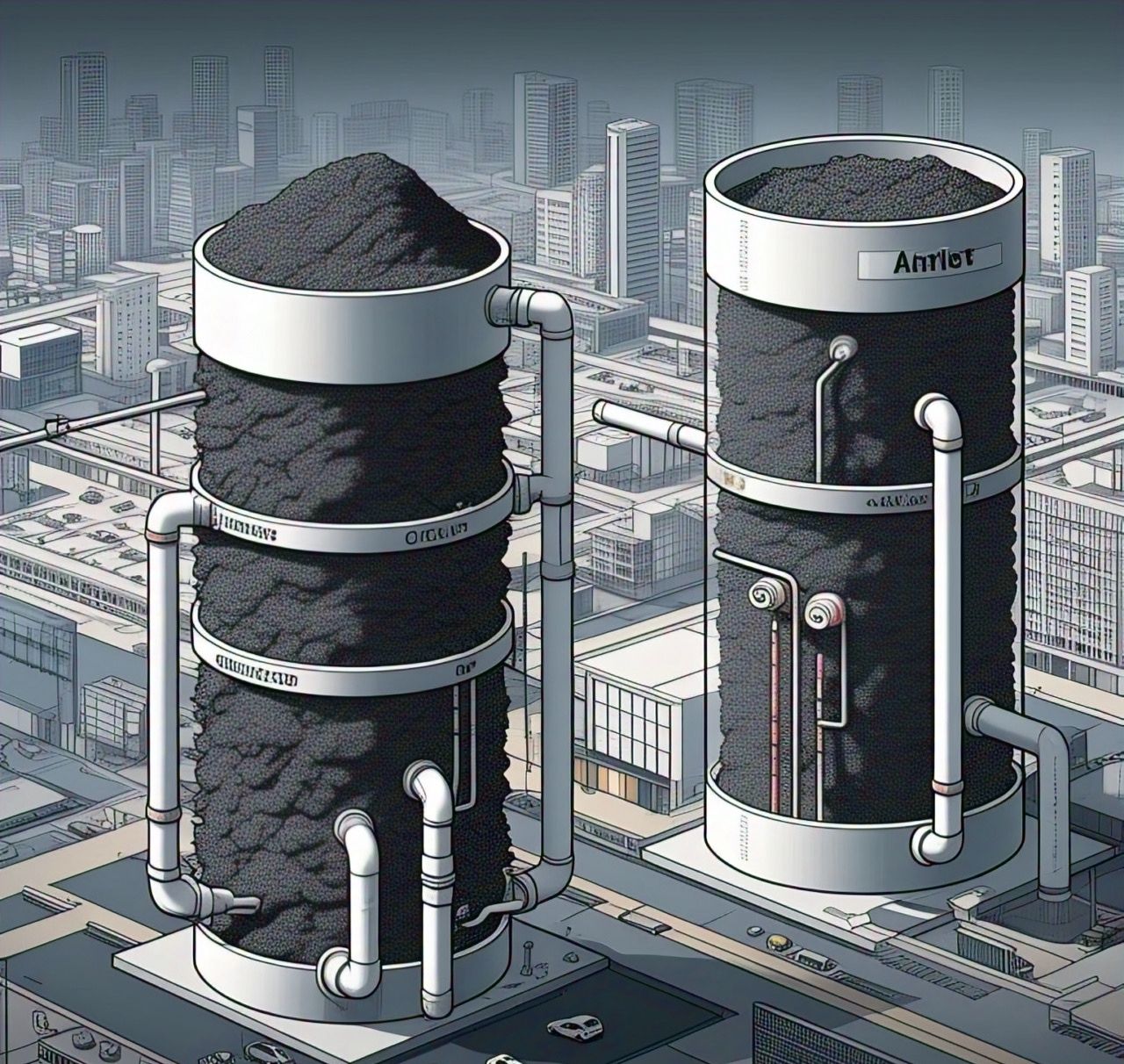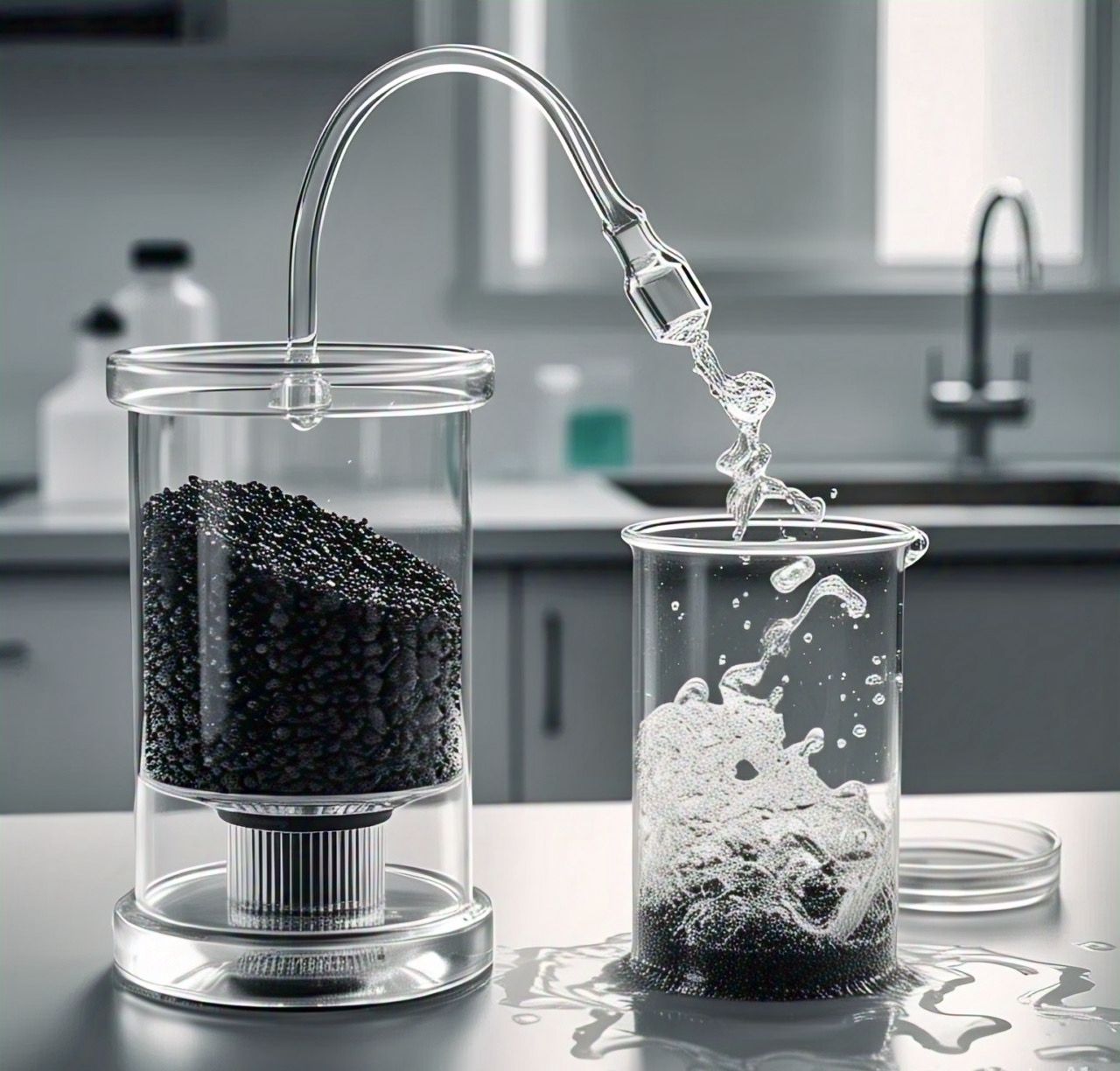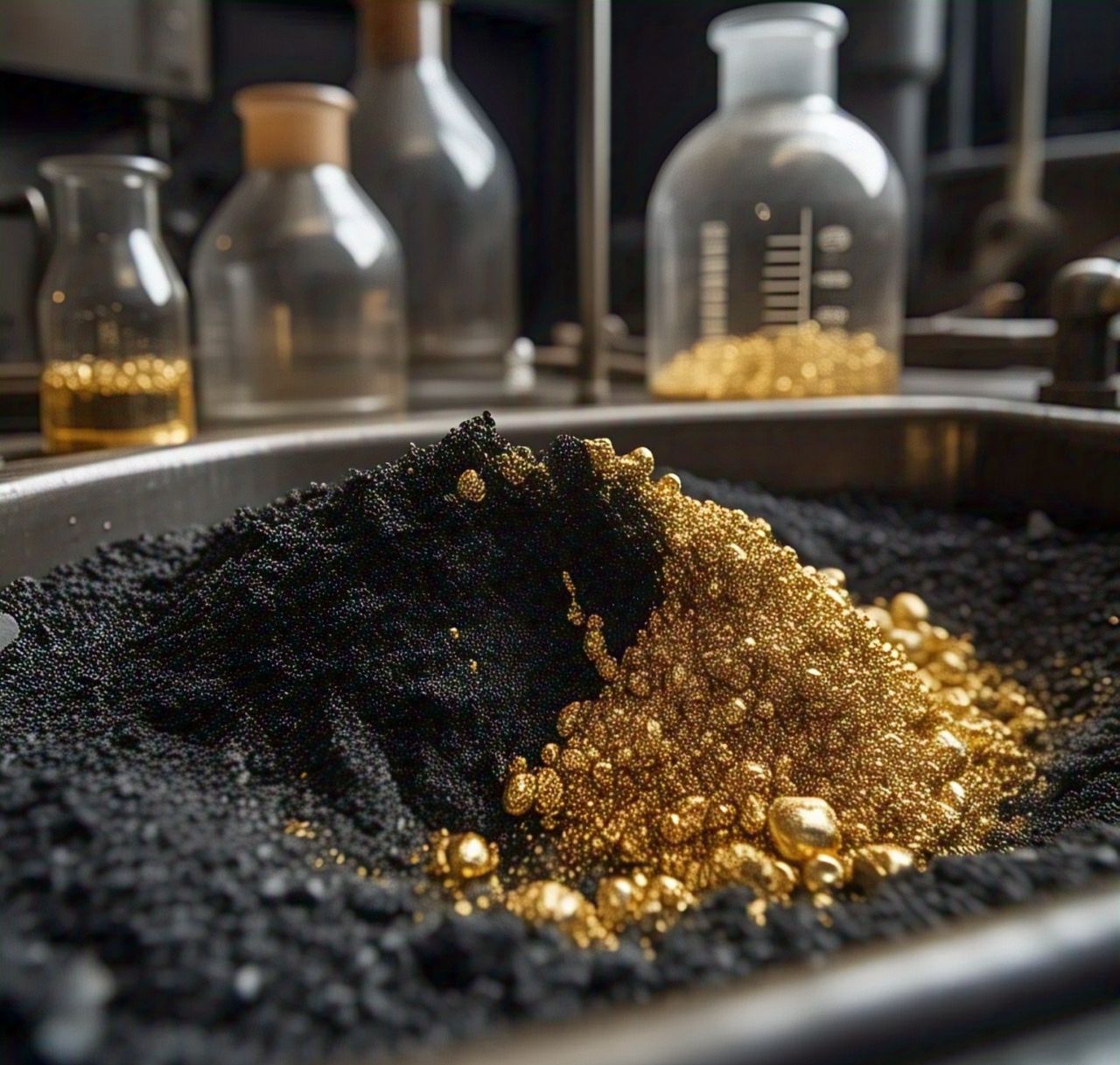The food and beverage industry plays a critical role in public health, and ensuring product safety, quality, and compliance with regulatory standards is essential. Quality control (QC) involves systematic measures and procedures that help prevent contamination, maintain consistency, and comply with national and international safety guidelines. From sourcing raw materials to the final product reaching consumers, every step must meet stringent quality standards to ensure consumer safety and brand reputation.
Understanding Quality Control in Food & Beverage
Quality control in the food and beverage industry encompasses a broad spectrum of activities aimed at ensuring that products meet predefined safety and quality standards. These activities involve:
Raw Material Inspection: Verifying ingredient quality before production.
Processing Control: Ensuring consistency and safety during manufacturing.
Packaging Standards: Preventing contamination and extending shelf life.
Storage & Distribution: Maintaining proper temperature and hygiene.
Regulatory Compliance: Adhering to national and global safety regulations.
Key Elements of Food & Beverage Quality Control
Raw Material Quality Assurance
- Conducting supplier audits to ensure ingredient quality.
- Testing raw materials for contaminants, such as pesticides, heavy metals, and pathogens.
- Ensuring compliance with food safety regulations such as the FDA (Food and Drug Administration) and EU Food Safety Authority.
Hygiene and Sanitation Protocols
- Implementing Good Manufacturing Practices (GMP) to minimize contamination risks.
- Ensuring proper cleaning and sanitization of equipment and production areas.
- Training staff on hygiene standards and personal protective equipment (PPE) usage.
Processing & Production Monitoring
- Utilizing Hazard Analysis and Critical Control Points (HACCP) to identify and prevent risks at key stages of production.
- Monitoring pH levels, temperature controls, and cooking times to prevent foodborne illnesses.
- Conducting microbial testing to detect bacteria such as Salmonella, E. coli, and Listeria.
Packaging & Labeling Standards
- Using tamper-proof and food-safe packaging materials.
- Ensuring labels provide clear ingredient lists, allergens, and nutritional information.
- Compliance with traceability requirements for product recalls.
Storage & Transportation Controls
- Maintaining proper temperature control for perishable products.
- Using refrigerated trucks and warehouses to prevent spoilage.
- Implementing first-in, first-out (FIFO) inventory management to reduce waste.
Compliance with Regulatory Standards
- Adhering to international standards such as ISO 22000, FSMA (Food Safety Modernization Act), and GFSI (Global Food Safety Initiative).
- Conducting routine third-party audits and certifications.
- Implementing food fraud prevention measures to avoid adulteration.
Challenges in Food & Beverage Quality Control
Managing Supply Chain Risks: Sourcing ingredients from multiple suppliers can lead to variability in quality.
Regulatory Compliance Complexity: Different regions have varying compliance requirements, making it challenging for global brands.
Contamination Risks: Cross-contamination, allergens, and microbial hazards remain significant threats.
Technological Integration: Adopting automation and AI-driven quality control systems can be costly but necessary for efficiency.
Emerging Trends in Food & Beverage Quality Control
AI & Machine Learning: Predictive analytics are being used to detect quality issues before they arise.
Blockchain Technology: Enhancing traceability and transparency in the food supply chain.
Smart Packaging: Use of sensors and QR codes to track freshness and authenticity.
Sustainability Measures: Reducing food waste and ensuring eco-friendly packaging solutions.
Conclusion
Quality control in the food and beverage industry is crucial for ensuring product safety, maintaining consumer trust, and complying with regulations. By implementing stringent quality assurance protocols, leveraging technology, and staying updated with global standards, food and beverage manufacturers can deliver safe and high-quality products to the market. As the industry evolves, embracing innovations such as AI, blockchain, and sustainable practices will further enhance quality control efforts, ensuring a safer and more transparent food supply chain.


